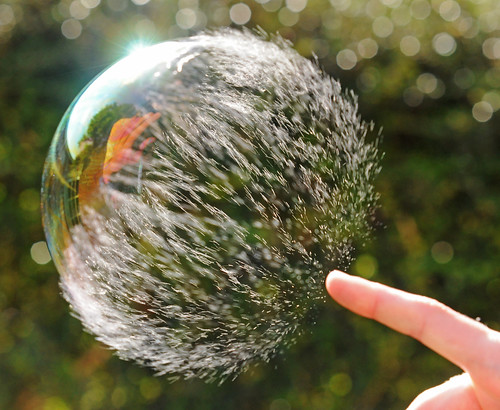That is not to say that people aren't opinionated, in fact, in bubble land, most people have extremely strong opinions, they're just all the same.
This weekend, I went on a trip with my Jewish community, a cooperative, parent run group, to a lodge on the Appalachian Trail. The professions of the adults present ranged from union organizers to a civil rights lawyer to a NASA scientist, to a professor of Astronomy at Johns Hopkins University, to an education policy consultant, to an urban planner. These were adults from a huge variety of professional fields. On this trip, I attempted to work on my crystal ball assignment, researching the demographics of Pennsylvania and using the information to predict the result of the upcoming election in Pennsylvania. Upon my explanation of the assignment, the adults present launched into a long conversation about the Pennsylvania elections, from the talking points of the U.S. Senatorial election, to the union's position about president Obama, to their own experiences canvasing there.
After the conversation, which covered a lot of issues but was really a bunch of adults agreeing with each other about things, the adults turned back to me. One of them jokingly presented me with their predictions for Pennsylvania's elections. "Our conclusion is that the Cheder adults want Obama to win Pennsylvania." Accept for really, it wasn't joke, it was a pretty good summary of both their conversation and the political views of almost everyone around me. I know only three republicans. Literally, three. Besides those three, anyone I know would tell me that they planned to vote for Obama in the upcoming election and that they hope that he wins.
Hey, I'm fine with that. I hope Obama wins just as much as any of them. But at the same time, it's important for me, even more than it would be otherwise, to educate myself about issues, try to find both sides of each story, and figure out what I believe personally.
On my Hebrew school trip that night, we were all sitting around the campfire, the adults singing songs from a Tom Lehrer album, including Pollution , National Brotherhood Week, and The MLF Lullaby . Not your traditional campfire songs, but hey, why not. You sing songs about fires burning bright, we sing political satire.
After somewhere around the fifth song, I commented on how strange we must seem, sitting around a campfire singing about politics. They responded with a comment about my bubble. Someone pointed out how strange the real world would seem after being raised constantly surrounded by people like them. I responded by saying that I wouldn't ever have to leave my bubble. And it's true. I could theoretically go from bubble to bubble, from liberal land to liberal land, for the rest of my life. The helpful people of Cheder even suggested colleges I could go to if that was my goal, Oberlin College, University of California, Berkeley and University of Texas at Austin.
But honestly, I don't really want to live in my bubble for the rest of my life. I appreciate the beliefs that surround me and largely agree with them, but at the same time, I feel like I can't possibly know what I believe until I've really been exposed to people who don't fit into my bubble, who disagree with everything that I'm used to hearing, and who can intelligently explain their position. Part of me wants to go to a conservative college, just to get the other side of the story. Odds are very low that I'm going to do that. I'd probably be miserable. After your childhood is spent in an all enveloping bubble, you can't break out of it all at once, even if your sure that you want to (and I'm not sure at all).
I have one last point. Almost everyone lives in some kind of bubble. Whether you live in political bubble, a religious bubble, a racial bubble, or another type of bubble, odds are good that you live in some kind of bubble. When people go out of one bubble, they don't generally spend the rest of their lives bubble free, they just move to a different bubble. Bubbles are often just another way that people separate themselves from others and build barriers between themselves and people with whom they disagree or don't understand.
Bubble Picture


